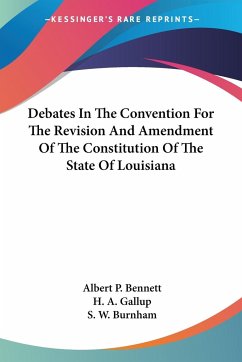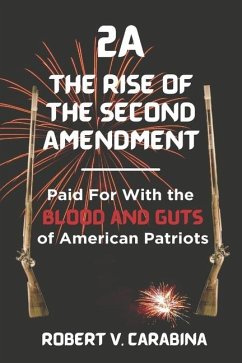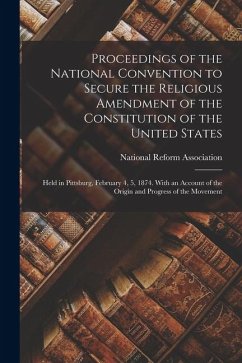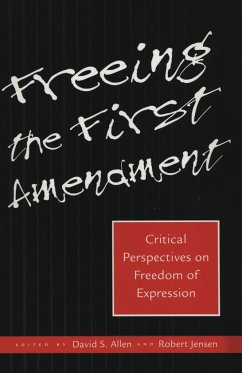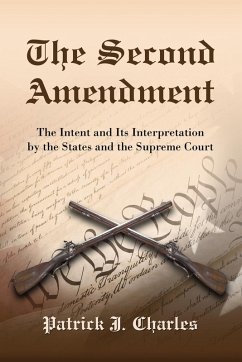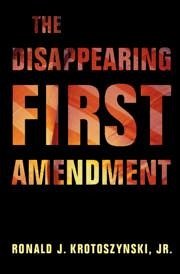
The Disappearing First Amendment
Versandkostenfrei!
Versandfertig in über 4 Wochen
39,99 €
inkl. MwSt.

PAYBACK Punkte
20 °P sammeln!
The standard account of the First Amendment presupposes that the Supreme Court has consistently expanded the scope of free speech rights over time. This account holds true in some areas, but not in others. In this illuminating work, Ronald J. Krotoszynski, Jr acknowledges that the contemporary Supreme Court rigorously enforces the rules against content and viewpoint discrimination for those who possess the wherewithal to speak but when citizens need the government's assistance to speak - for example, access to public property for protest - free speech rights have declined. Instead of using ope...
The standard account of the First Amendment presupposes that the Supreme Court has consistently expanded the scope of free speech rights over time. This account holds true in some areas, but not in others. In this illuminating work, Ronald J. Krotoszynski, Jr acknowledges that the contemporary Supreme Court rigorously enforces the rules against content and viewpoint discrimination for those who possess the wherewithal to speak but when citizens need the government's assistance to speak - for example, access to public property for protest - free speech rights have declined. Instead of using open-ended balancing tests, the Roberts and Rehnquist Courts have opted for bright line, categorical rules that minimize judicial discretion. Opportunities for democratic engagement could be enhanced, however, if the federal courts returned to the Warren Court's balancing approach and vested federal judges with discretionary authority to require government to assist would-be speakers. This book should be read by anyone concerned with free speech and its place in democratic self-government.



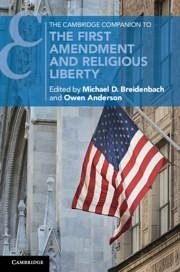
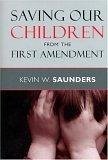
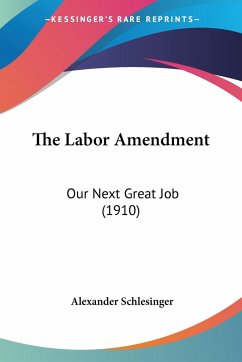
![Report of a Debate in the Senate of the United States, on a Resolution for Recommending to the Legilatures [sic] of the Several States, an Amendment t Cover Report of a Debate in the Senate of the United States, on a Resolution for Recommending to the Legilatures [sic] of the Several States, an Amendment t](https://bilder.buecher.de/produkte/65/65597/65597793n.jpg)
